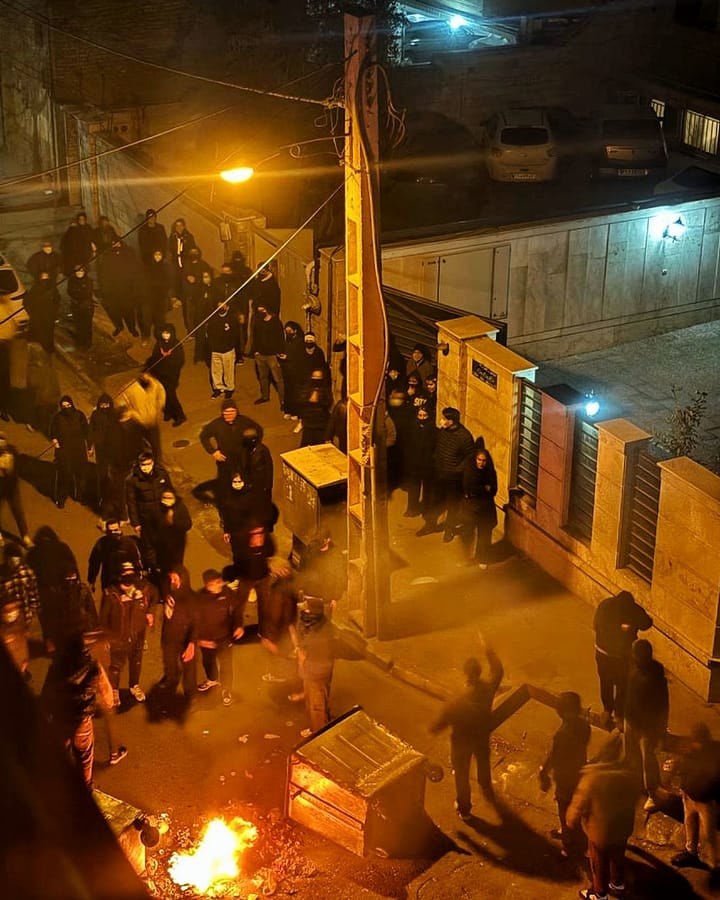The scaffold has returned—not as an instrument of justice, but as a stage for vengeance. In Donald Trump’s America, the state no longer merely punishes; it performs. And the audience, whether horrified or thrilled, is part of the script.
Michel Foucault warned us about this. In Discipline and Punish, he charted the journey from public executions to quiet incarceration—from the bloody theatre of the square to the sterile silence of the prison cell. But Trump has reversed the current. Discipline is no longer enough. The body must be broken again—visibly, politically, and with applause.
Enter Kilmar Abrego García. Deported in March 2025 to El Salvador—despite a U.S. court order granting him protection from removal—García was thrown into CECOT, the country’s dystopian mega-prison. A place built not to detain but to disappear. The White House shrugged, called it an “administrative error.” But this was no accident. It was a deliberate rupture of the legal veil—a signal that the law, in Trump’s hands, is not a boundary but a baton. He doesn’t follow the rule of law. He stages it.
Let’s be clear: García had been granted protection under U.S. immigration law after demonstrating credible fear of persecution from gangs in El Salvador. A judge agreed. A legal system agreed. But Trump didn’t. He needed a show—a scapegoat to parade before the cameras, a name to slap on a press release and call victory.
It didn’t matter that García’s deportation violated the law. It didn’t matter that the Supreme Court has since required that the government 'facilitate' his return and ensure his case "be handled as it would have been had he not been improperly sent to El Salvador."[1] What mattered was the image: Trump at the rostrum, thundering law and order, conjuring menace and salvation in the same breath—while García vanishes into a prison built not for rehabilitation, but for erasure.
The Return of Punishment in Public
In the premodern world, power was visible, dramatic, and brutal. Executions were paraded not just to chastise but to demonstrate the sovereign’s might. That changed, Foucault argued, with the rise of disciplinary institutions—schools, prisons, hospitals—where power became quieter, more insidious. But Trump’s brand of authoritarian populism reverses this evolution. The viciousness isn’t hidden. It’s the message.
From the “Muslim ban” to the orchestration of child cages, from resurrecting the Alien Enemies Act of 1798 to recasting the border as a militarised frontier, Trump has not governed through law, but through spectacle—where cruelty is not collateral, but the performance itself. Footage cascades across his social media empire: heads forcibly shaved, wrists bound behind backs, eyes lowered under fluorescent buzz.
These are not glimpses of justice; they are choreographed rites of state power. The aim is not enforcement—it is enactment. To make it humiliating. To make it unforgettable. García’s story isn’t the outcome of a broken system—it’s the product of one redesigned for punishment-as-pageantry.
And this is not an isolated case. It is a doctrine.
Foucault’s theory of panopticism—that modern power works by making individuals feel perpetually watched—has mutated in the digital age. Under Trump, surveillance isn’t just a mechanism of control. It is an act. The president uses X (formerly Twitter) like a digital scaffold, mocking, naming, delegitimising. He creates enemies in real time and feeds them to the mob. Power is exercised not through silent chastisement, but through viral humiliation.
Foucault also warned that modern justice constructs its own criminals—what he called the delinquent. These are not people who commit crime, but those labelled as threats in order to justify state violence. In Trump’s America, that label is applied to immigrants, student protesters, and journalists—groups that have borne the full weight of police and political repression.
When Trump’s team deported García, they weren’t correcting an error. They were presenting a play of power. A warning to all who would challenge the state, invoke justice, or trust that a court’s word holds weight when a brute wears the crown.
The most disturbing part? It worked
Trump’s base cheered. The media aired it. The administration flaunted it. García became what Foucault called a ‘spectacle of the scaffold’—a ritual of punishment not to uphold justice, but to enforce obedience. Trumpism doesn’t just invert Foucault—it drags him back to the scaffold, trading discipline for dread, and institutions for a playhouse of domination.
The Reckoning of the So-Called Republic
In 2019, they chanted “Send her back”. Not to a place, but to a silence. Ilhan Omar—Black, veiled, immigrant, defiant—stood in Congress, and the crowd erupted, not as citizens, but as settlers.
The chant was not protest—it was possession. A colonial reflex, recoiling at the sight of the subaltern speaking from the centre of the empire.
It was a soundbite—rage in rhyme. But that was only the rehearsal.
In 2025, there are no chants. Only choreography.Deportation as dramaturgy. A man, legally protected, vanished 2,500 miles away.
The spectacle no longer needs to speak. It moves.
It cuts.
It lands.
This is not a glitch in the system. It is the system.
A sovereign sadism remastered for the algorithm age—ritualised, repackaged, retweeted. Foucault foresaw a future where discipline hid behind walls. He did not imagine one where punishment needed no walls at all—only screens. And in that future, we are no longer citizens. We are spectators of our own undoing.
The scaffold has returned.
The crowd has returned.
The emperor has returned.
And the so-called republic?
She takes her bow before the blade.
Dr. Abdullah Yusuf is a Senior Lecturer (Associate Professor) in Politics and International Relations at the University of Dundee, UK. He studied Public Policy and Diplomacy at The Australian National University in Canberra, Australia, and holds a PhD in International Relations from the University of Dundee. His research and scholarship interests include: International organizations (United Nations, League of Arab States, and African Union); Politics of the Middle East, including Palestine, Israel, and the Arab-Israeli conflict; Politics of humanitarian armed interventions; Peacekeeping and post-conflict peacebuilding; International law and refugee protection; Climate politics; Post-colonial Studies. For more details on my teaching, research, and scholarship profile, please visit: his research profile and bio.
[1]Following an order entered by a Maryland District Judge ordering the Government to "facilitate and effectuate the return of [Abrego Garcia] to the United States by no later than 11:59 PM on Monday April 7", the administration filed an application "to vacate the District Court's order." Insofar as an adminisrative stay issued by the Chief Justice allowed the deadline to pass, the application was effectively granted. However, the Supreme Court maintained the District Court order requiring the US Government facilitate the return of Gracia for due process remains in effect, but questioned the scope and clarity of the term "effectuate", stating that it may exceed the authority of the District Judge.
*Image made available to the public domain by US Immigration and Customs Enforcement. (https://www.flickr.com/photos/us_icegov/)



